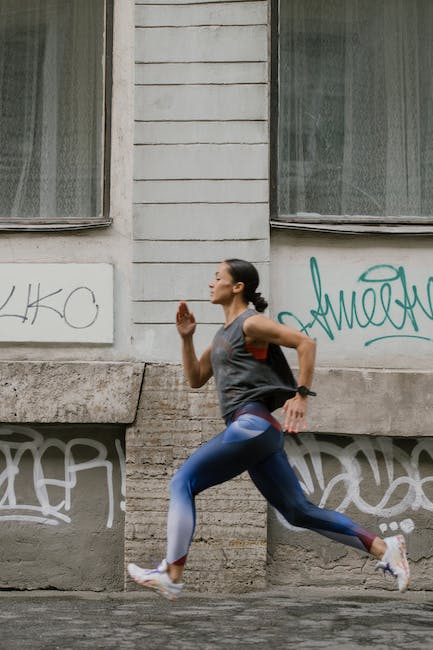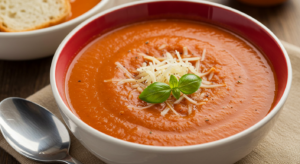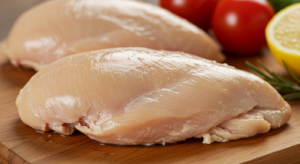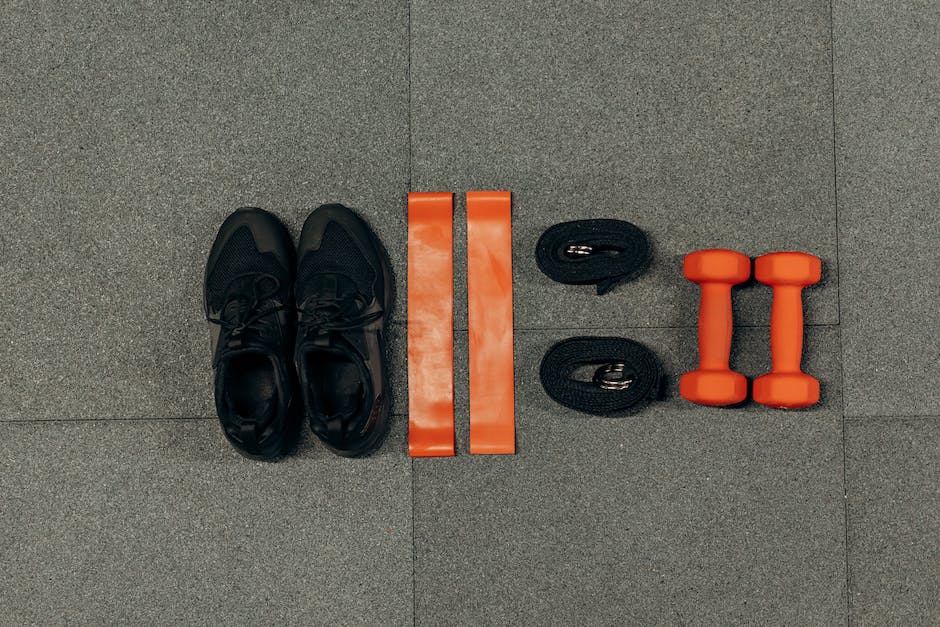
The Importance of Staying Hydrated
Staying hydrated is essential for our overall health and well-being. Drinking the correct amount of water helps regulate body temperature, supports brain function, and aids digestion. Our bodies lose water through sweating, urinating, and even breathing, so it’s essential to replenish and prevent dehydration.
However, with different bottles sizes and varying individuals’ needs, the question arises: how many water bottles should I drink in a day? This guide will delve into the recommended amounts of water to consume daily, considering the factors that could increase or decrease your water intake requirement.
Recommended Amounts of Water Per Day
According to the National Academies of Sciences, Engineering, and Medicine, an adequate daily fluid intake is approximately 3.7 liters (131 ounces or about 1 gallon) for men and 2.7 liters (95 ounces or about 11.5 cups) day for women. These recommendations cover fluids from all foods and beverages consumed, including glasses of water, soups, teas, and fruits and vegetables, which are high in water content.
Although it’s a popular belief that everyone should be drinking eight 8-ounce glasses of water a day, which equates to 2 liters, or half a gallon. This rule, often known as the 8×8 rule, is easy to remember but doesn’t account for the individual variances in the bodies or activities we’re doing. Therefore, what are some circumstances that might require you to increase your water intake?

Increase Your Water Intake for Intense Exercise
Those who are engaged in intense exercise or live in a hot climate may need to drink more water. Exercise or excessive heat can cause you to sweat and lose additional fluids. The American College of Sports Medicine recommends adding 12 ounces of water to your daily intake for every 30 minutes that you plan to workout.
Also, if you participate in high-intensity workouts or endurance sports such as marathons, replenishing with drinks containing electrolytes and sodium can also prove beneficial, as these can further prevent dehydration.
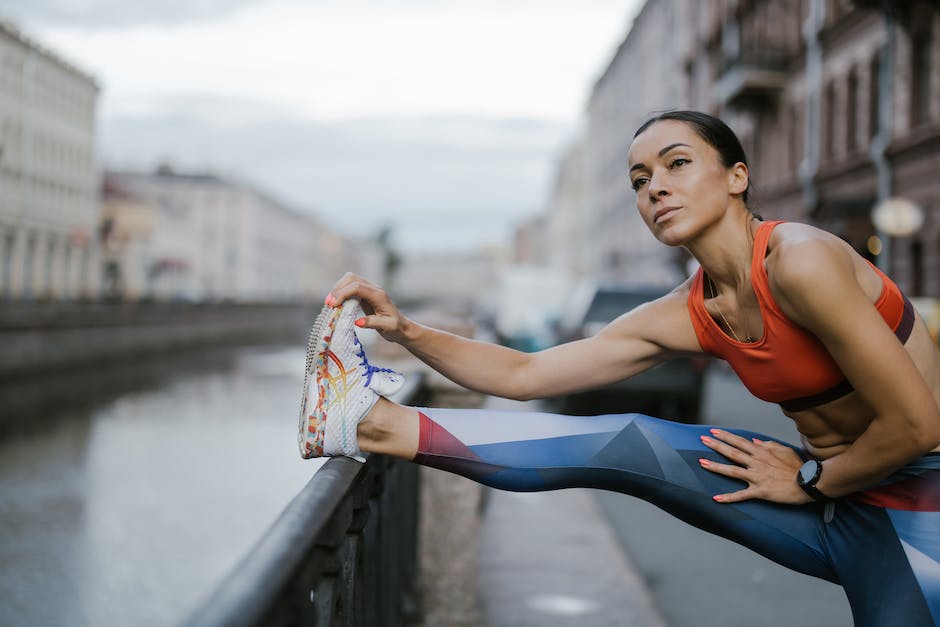
Drinking Adequate Water Reduce Risks of Kidney Stones
Increasing your water intake can help prevent the formation of kidney stones. When there isn’t enough water to dilute the substances in your urine, it becomes more concentrated. This situation can cause the buildup of substances that form stones.
The National Health Service (NHS) recommends daily fluids amounting to about 3 liters for men and 2.2 liters a day for women to prevent kidney stones. It does not have to be only water, though. Other drinks like tea or coffee can also contribute to your total.

Water Intake for Pregnant or Breastfeeding Women
Pregnant or breastfeeding women may need to increase their water intake. The Institute of Medicine recommends that pregnant women drink about 10 cups (2.3 liters) of fluids daily and women who breast-feed consume about 13 cups (3.1 liters) of fluids a day.
This recommendation accounts for the additional water needed to support the growth and functioning of the fetus and to compensate for the extra water loss during lactation.
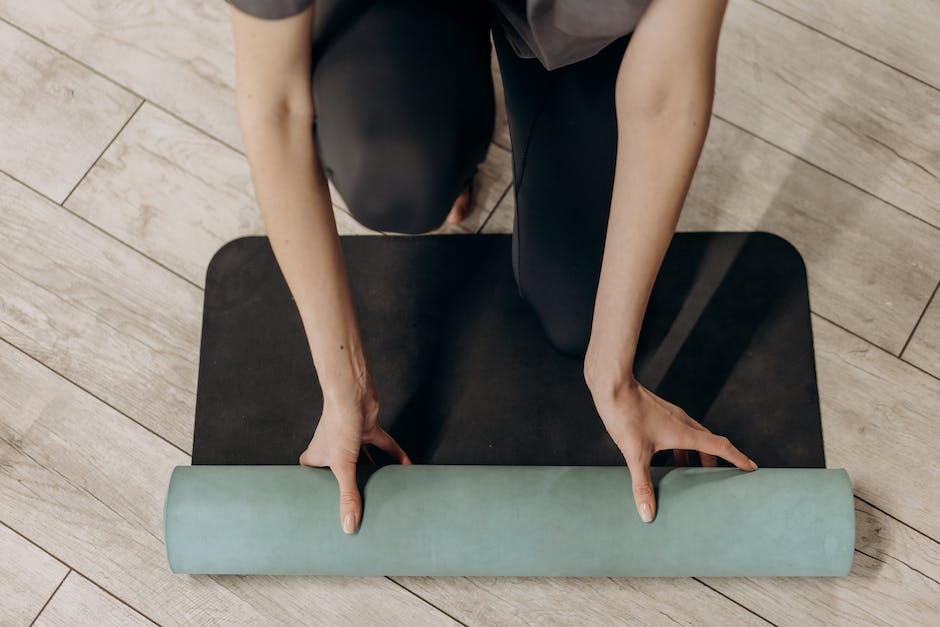
The Role of Fruits and Vegetables in Hydration
Remember, hydration does not come solely from glasses of water. In fact, about 20% of your daily fluid intake can come from food, especially fruits and vegetables. Foods like cucumbers, watermelons, and oranges all have a high water content that can contribute to your hydration.
Incorporating these foods into your meals can help keep you hydrated without relying solely on water bottles. Remember to wash fruits and vegetables thoroughly before consuming them, especially if they’re being eaten raw.
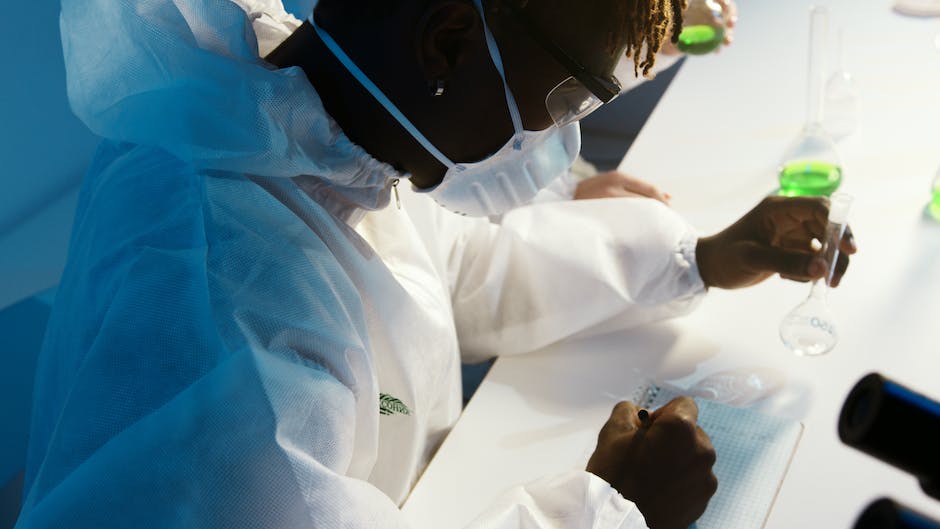
Measuring Your Water Intake Using Water Bottles
Now that we’ve established the recommended amounts of water per day it’s time to answer the question, how many water bottles should I drink in a day? If you’re using a standard bottle of water that is approximately 16.9 ounces, men should aim for 8 bottles a day, and women should aim for 5 bottles a day.
Remember, these are general guidelines, and the actual number of bottles can vary depending on factors such as age, sex, weight, health status, physical activity level, and even the climate you live in.
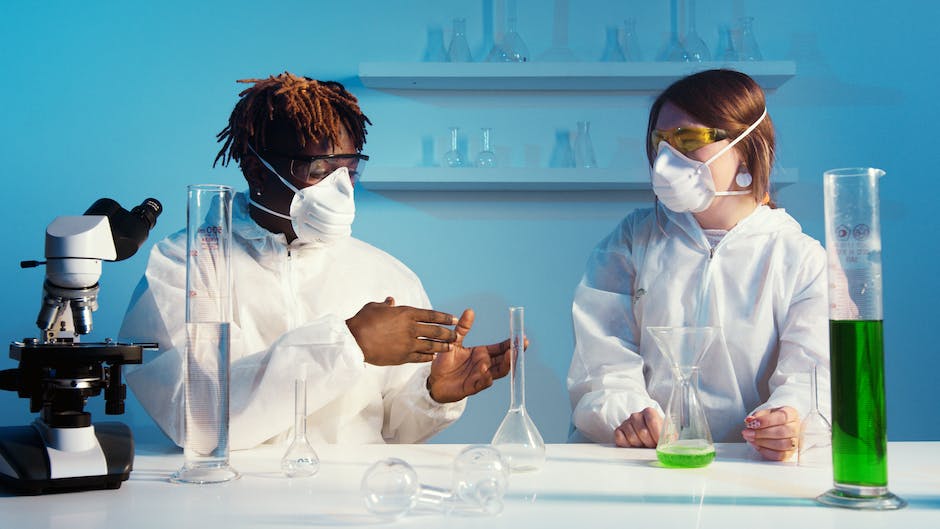
Water Intake Variances for Men and Women
Based on the guidelines provided by the National Academies of Sciences, Engineering, and Medicine, the amount of water needed per day for men and day for women tends to vary. Men are generally recommended to have 13 cups (3 liters) of total beverages a day, while women should aim for 9 cups (2.2 liters).
These fluctuations can be due to various factors, including differences in body mass, physical activity, and certain physiological processes like menstruation, pregnancy, or lactation in women.
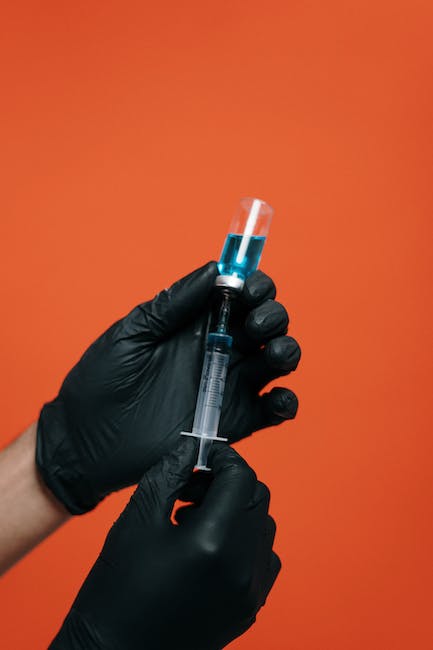
Signals Your Body Sends When It Needs More Water
Understanding your body’s signals when it needs more water is critical to avoid dehydration. Common signs include thirst, fatigue, headache, dry mouth, less frequent urination, and darker urine color. It’s always better to prevent dehydration than to have to treat it.
Continually monitoring these signals can help ensure that you drink enough water throughout the day and stay adequately hydrated. Moreover, if you’re experiencing extreme thirst, lack of urination, or confusion, it’s essential to seek immediate medical attention.
What is the recommended amount of water to drink in a day according to the National Academies of Sciences, Engineering, and Medicine?
For men, the recommended amount is approximately 3.7 liters (131 ounces or about 1 gallon) for men and 2.7 liters (95 ounces or about 11.5 cups) for women.
How can intense exercise affect my daily water needs?
Engaging in intense exercise can cause you to lose additional fluids through sweating, which increases your daily water needs. It’s recommended to add 12 ounces of water to your daily intake for every 30 minutes that you plan to workout.
How many water bottles should I drink in a day?
If you’re using a standard water bottle that is approximately 16.9 ounces, men should aim for 8 bottles a day, and women should aim for 5 bottles a day. These are general guidelines, and the actual number of bottles can vary depending on various factors.
Why is it important to stay hydrated?
Staying hydrated is crucial for regulating body temperature, supporting brain function, aiding in digestion, and replenishing the fluids our bodies lose through sweating, urinating, and breathing.
Can eating fruits and vegetables aid in hydration?
Yes, about 20% of your daily fluid intake can come from food, especially fruits and vegetables, which often have a high water content.
Should pregnant or breastfeeding women increase their water intake?
Yes, pregnant women should aim to drink about 10 cups (2.3 liters) of fluids daily, and women who breastfeed should aim to consume about 13 cups (3.1 liters) daily.
Can drinking enough water help prevent kidney stones?
Yes, drinking enough water can help prevent kidney stones by diluting the substances in your urine that can cause them.
How much water should men and women drink per day?
According to the National Academies of Sciences, Engineering, and Medicine, the recommended total beverage intake is 13 cups (3 liters) for men and 9 cups (2.2 liters) for women.
Can dehydration be prevented?
Yes, staying properly hydrated by drinking adequate fluids and eating foods high in water content can prevent dehydration. It’s important to understand the signs of dehydration and increase fluid intake when needed.
What are the signs that my body needs more water?
Common signs include thirst, fatigue, headache, dry mouth, less frequent urination, and darker urine. If experiencing extreme symptoms like intense thirst, lack of urination, or confusion, seek immediate medical attention.

